Research and Policy Media Relations Manager
Gavin draws on more than 25 years of experience in communicating about science, medicine and health policy. She focuses mainly on the health services research done by members of the U-M Institute for Healthcare Policy and Innovation, who work to understand and improve the safety, quality, equity and affordability of health care. As part of the Michigan Medicine communication team, she has lead responsibility for primary care and mental health topics. Contact: [email protected]; Twitter: @Karag


Health Lab
Iron levels in the blood – and specifically, a type of iron storage called ferritin – have been linked to mental health symptom severity

Health Lab
Use and confidence are lower in those with lower incomes or lower levels of physical or mental health

Health Lab
Blood donation guidelines based on individual risk rather than broad bans increase the number of people eligible to give and save lives.
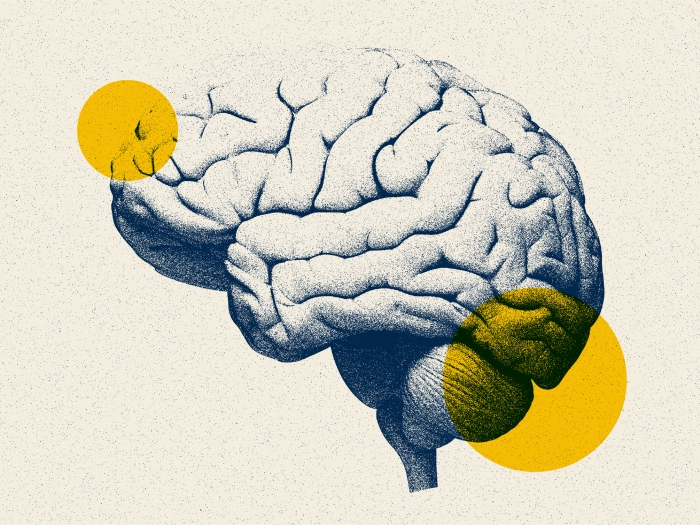
Health Lab
Research finds higher blood sugar linked to faster loss of brain power in stroke survivors.

Health Lab
The end of the public health emergency for COVID-19 brings changes, but does not change how individuals should protect themselves and others
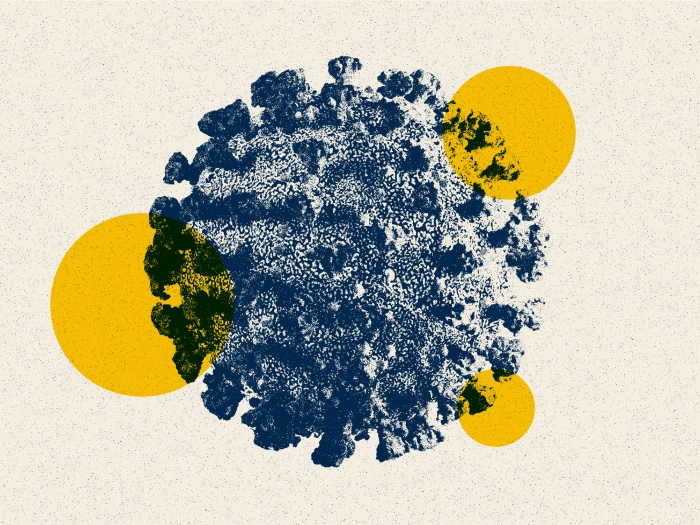
Health Lab
COVID-19 hospitalization is especially linked to an impact on patients’ financial health

Health Lab
A Michigan Medicine study shows the rate of people starting on buprenorphine remained flat from 2019 through 2022, while the percentage of patients who stayed on buprenorphine for at least six months hovered at just over 20% from 2016 through 2022.
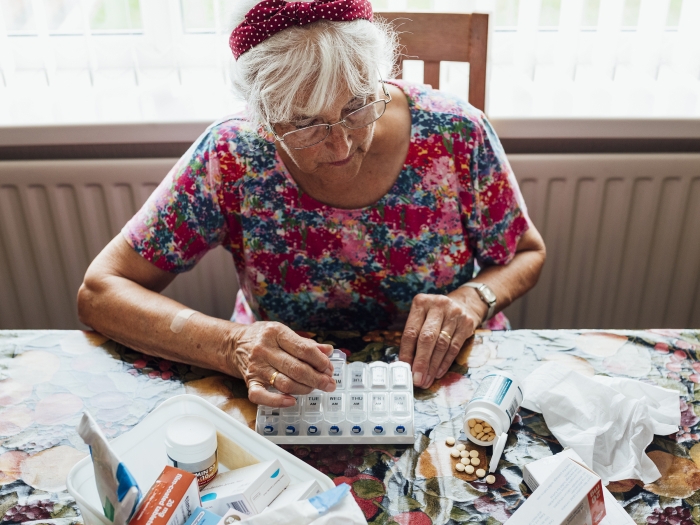
Health Lab
Stopping or reducing doses of prescription medicine, also called deprescribing, is something many older adults would like to do, and some have already done without medical guidance. Medication reviews could help.
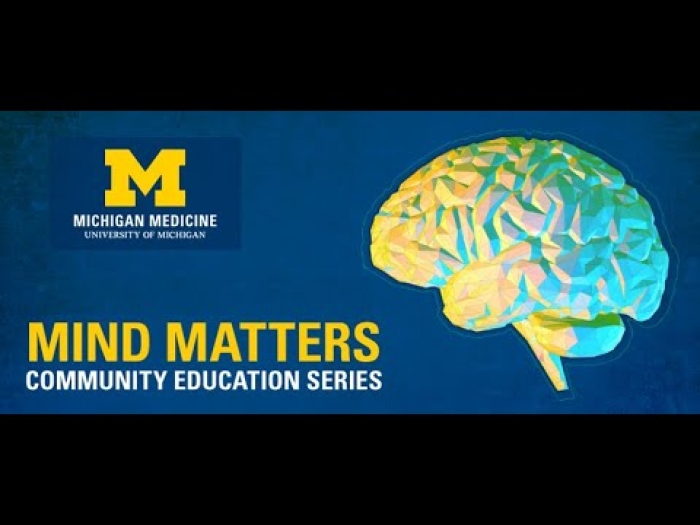
Health Lab
Interventional psychiatric care involving brain stimulation and infused or inhaled medicine can offer different options for patients.

Health Lab
New safe gun storage laws for Michigan highlight the need for keeping firearms locked up and separate from ammunition to prevent injury and death including suicide.
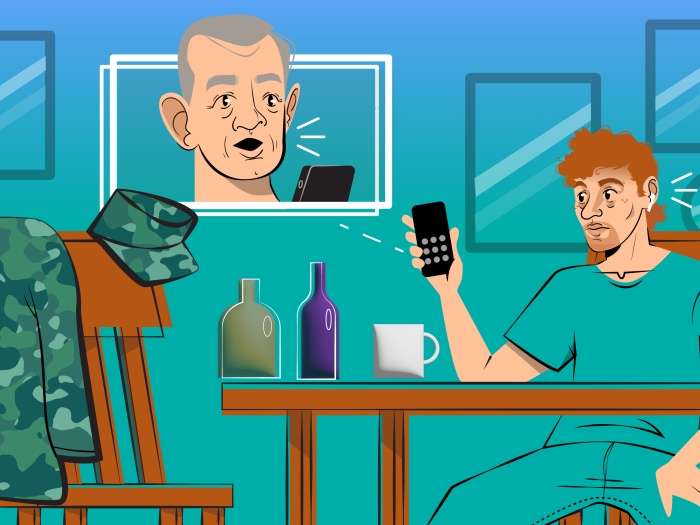
Health Lab
Alcohol overuse by members of the National Guard was reduced by a targeted intervention of web-based education and phone-based peer support.
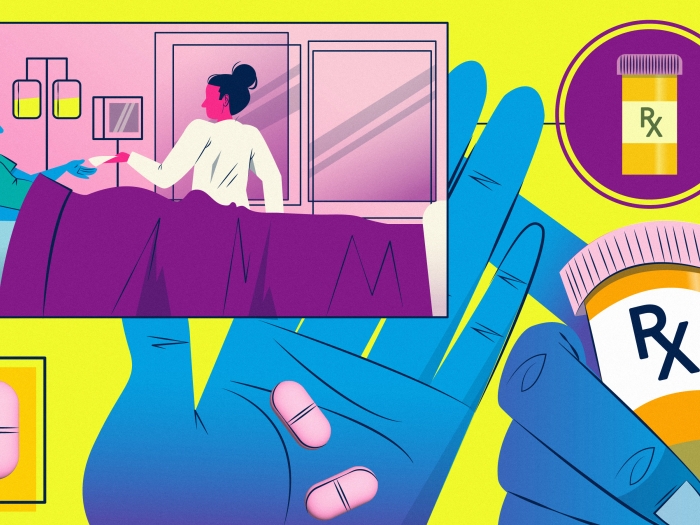
Health Lab
Medication guidelines for post-surgical opioid prescribing were associated with a lower rate of long-term opioid use and much lower amounts of opioid prescription fills in Michigan compared with the rest of the U.S.
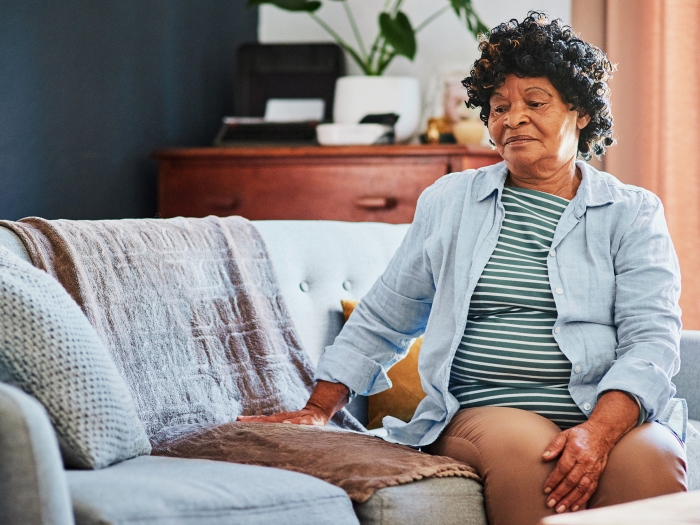
Health Lab
Older adults are less likely to feel isolated now than at the height of the pandemic, but levels of loneliness are still high.

Health Lab
The success of efforts to “flatten the curve” in the COVID-19 pandemic relied on University of Michigan research on the 1918 influenza pandemic.
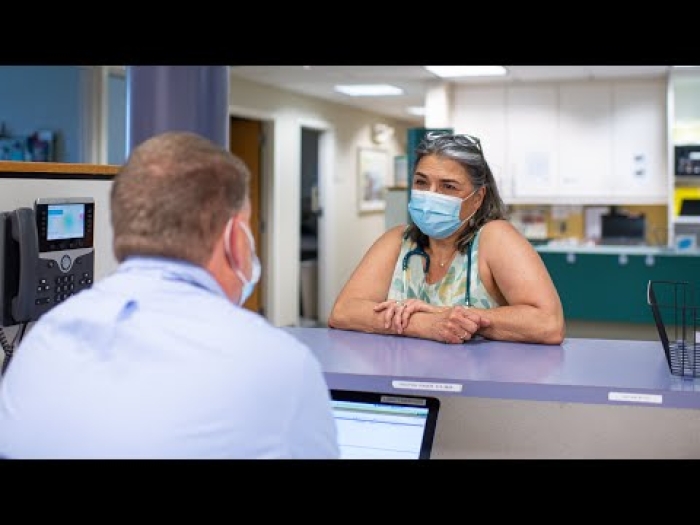
Health Lab
The MC3 program provides psychiatric expertise on-demand to primary care providers in Michigan as they manage mental health conditions in young or pregnant patients